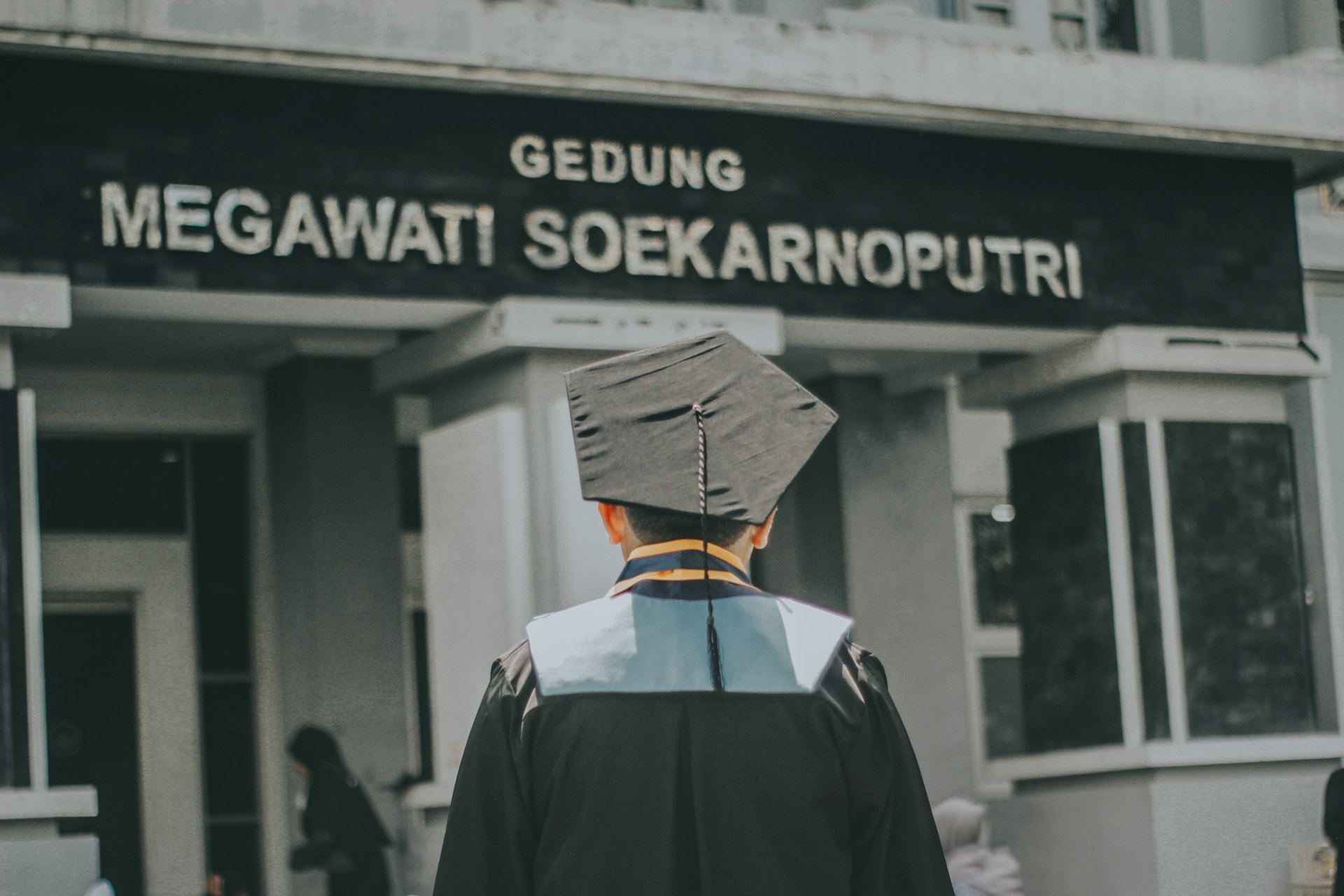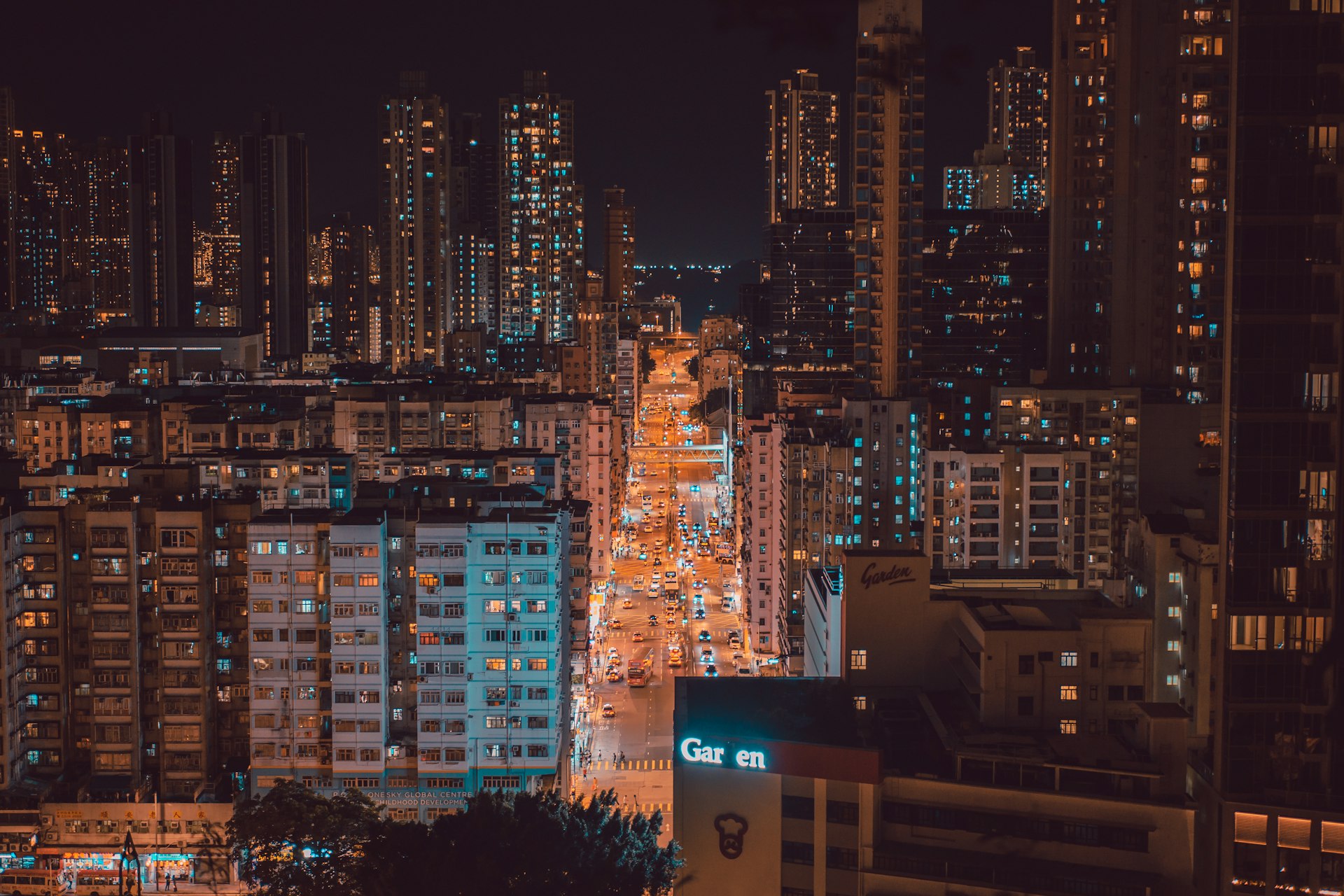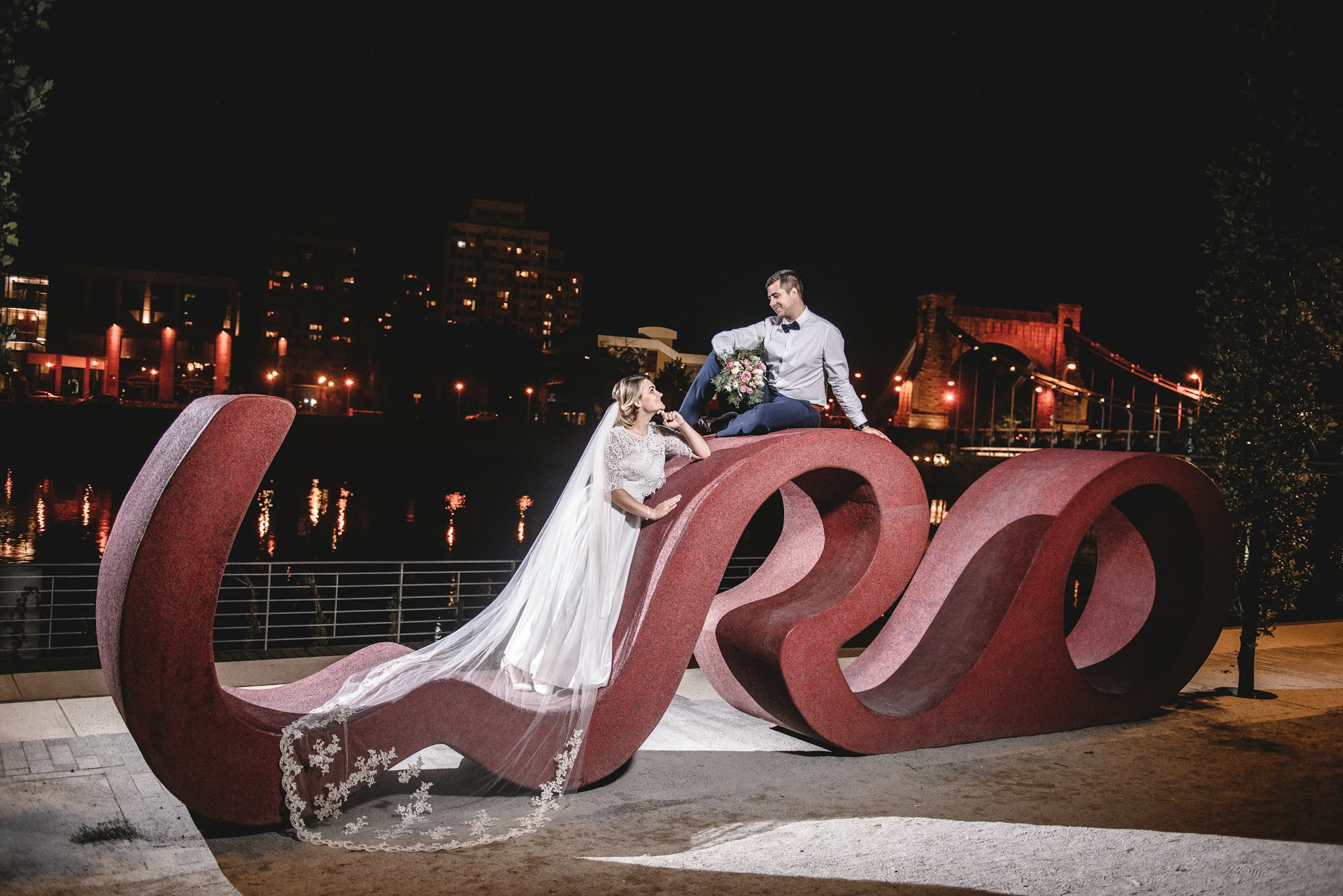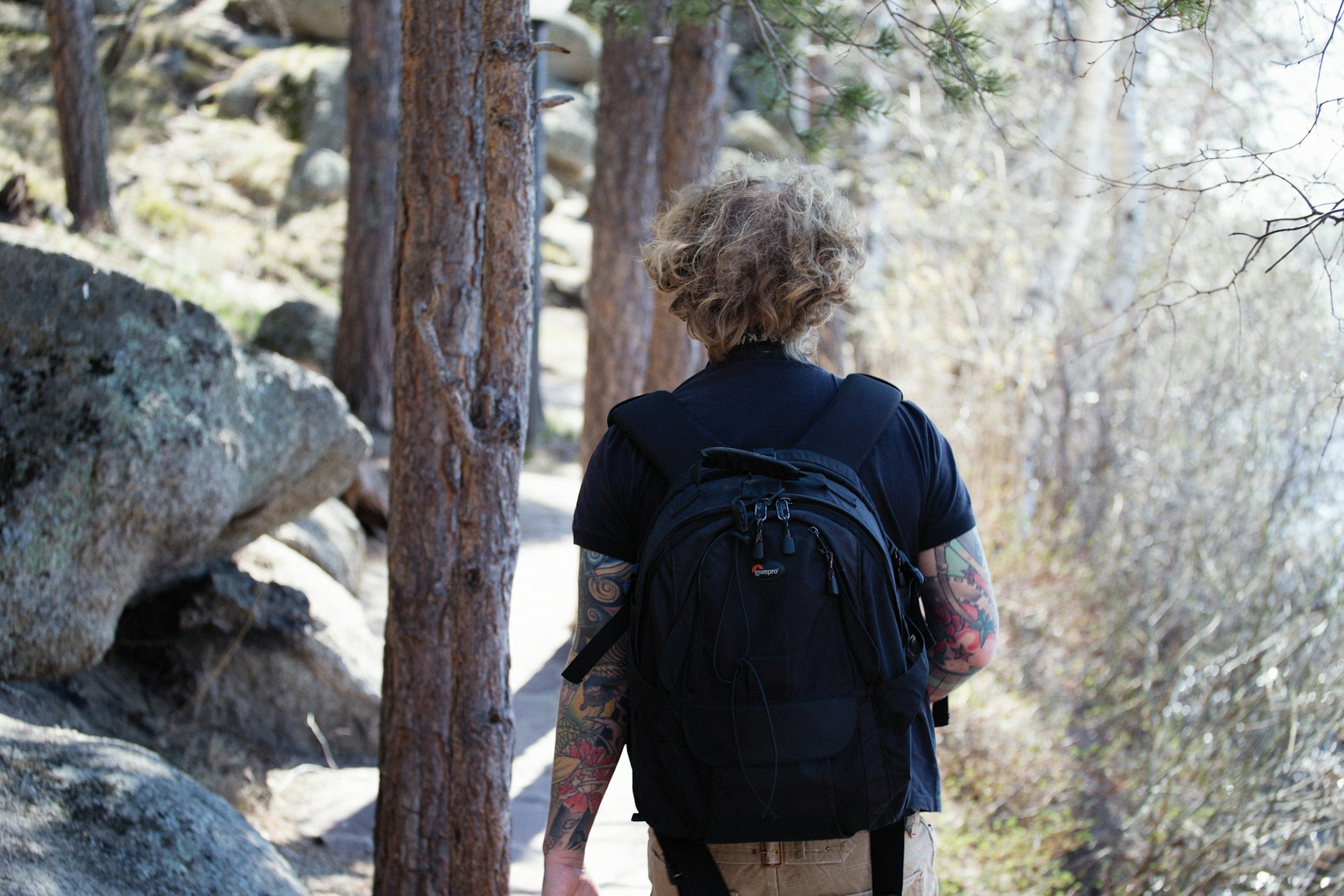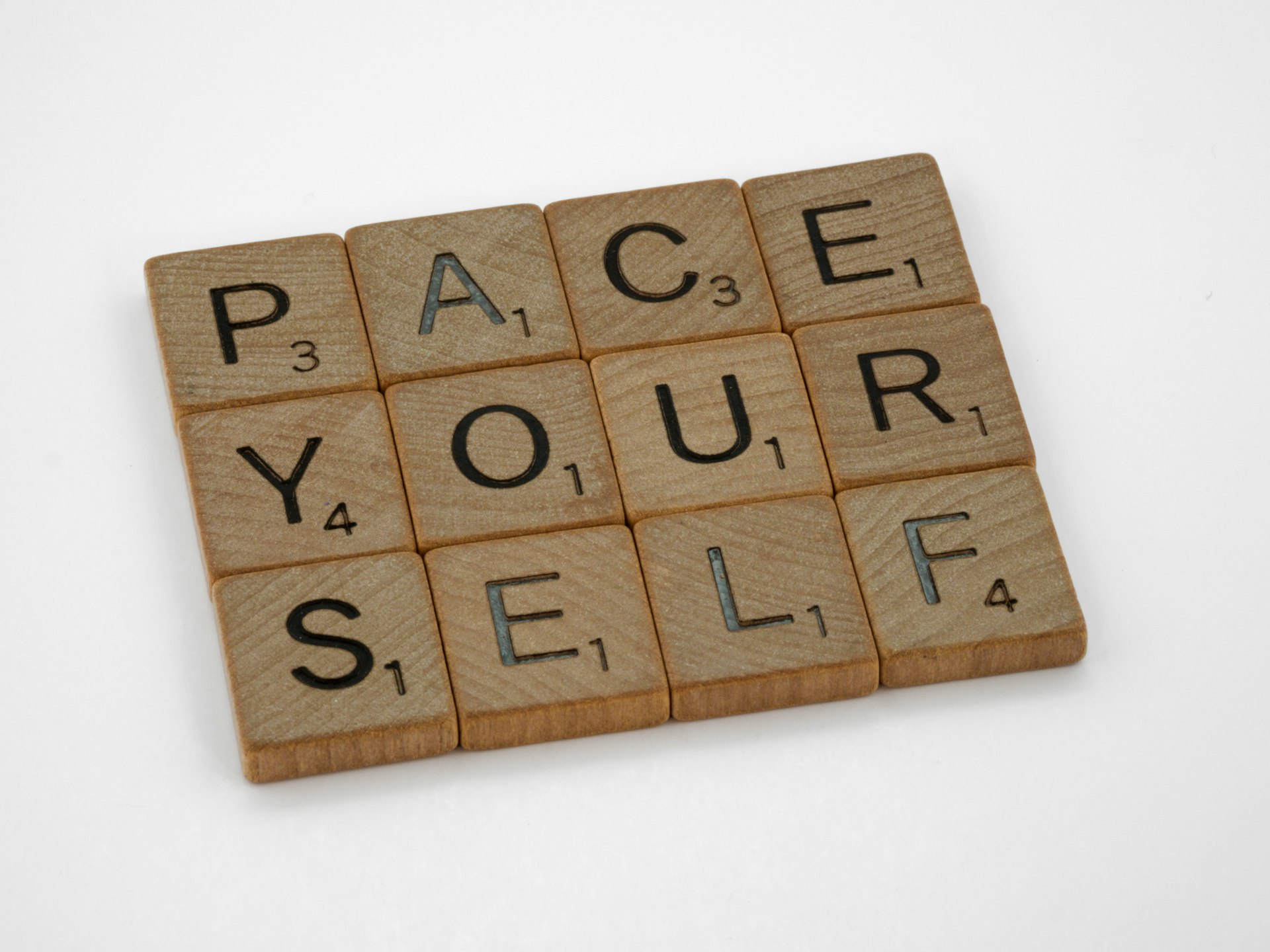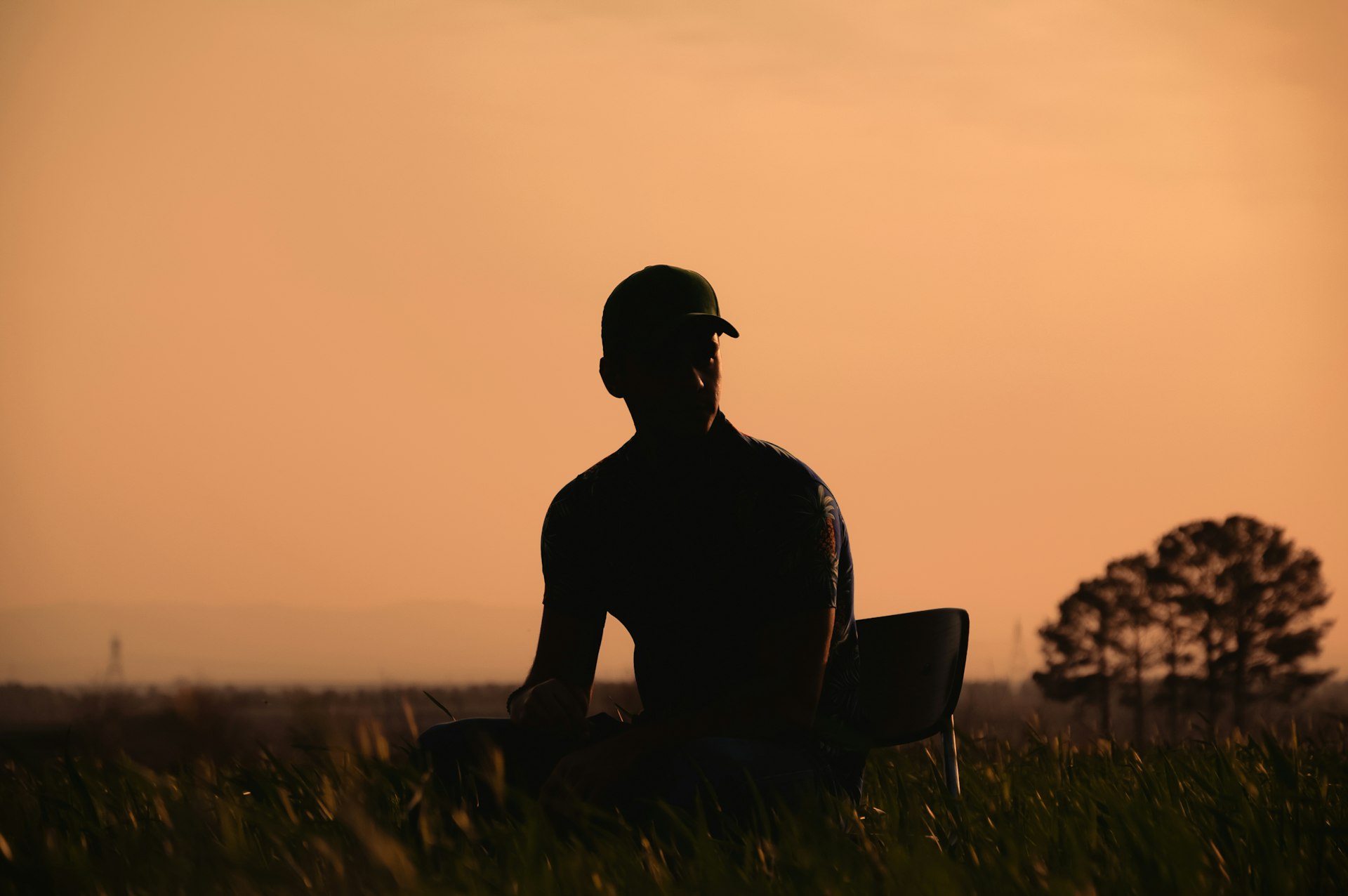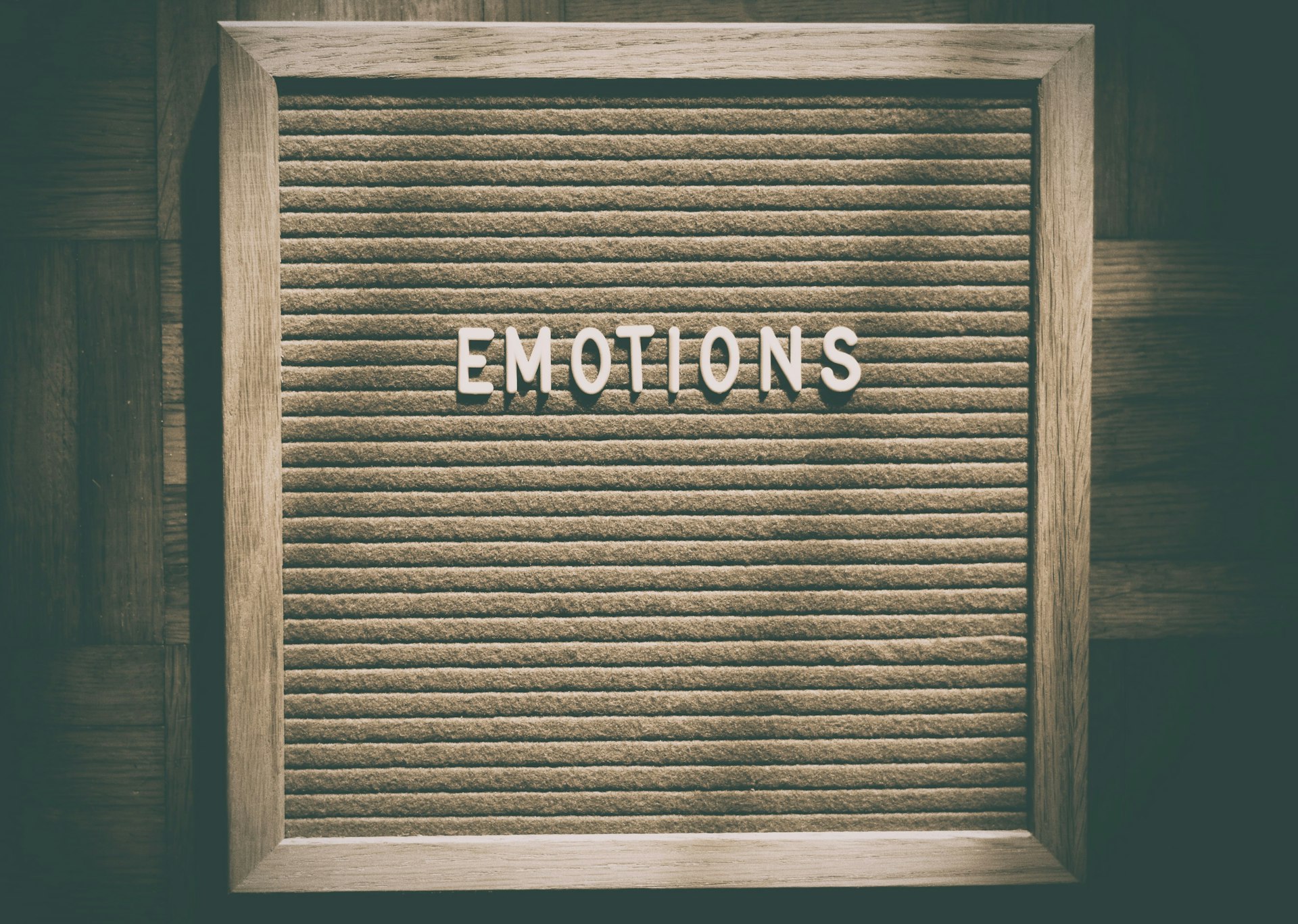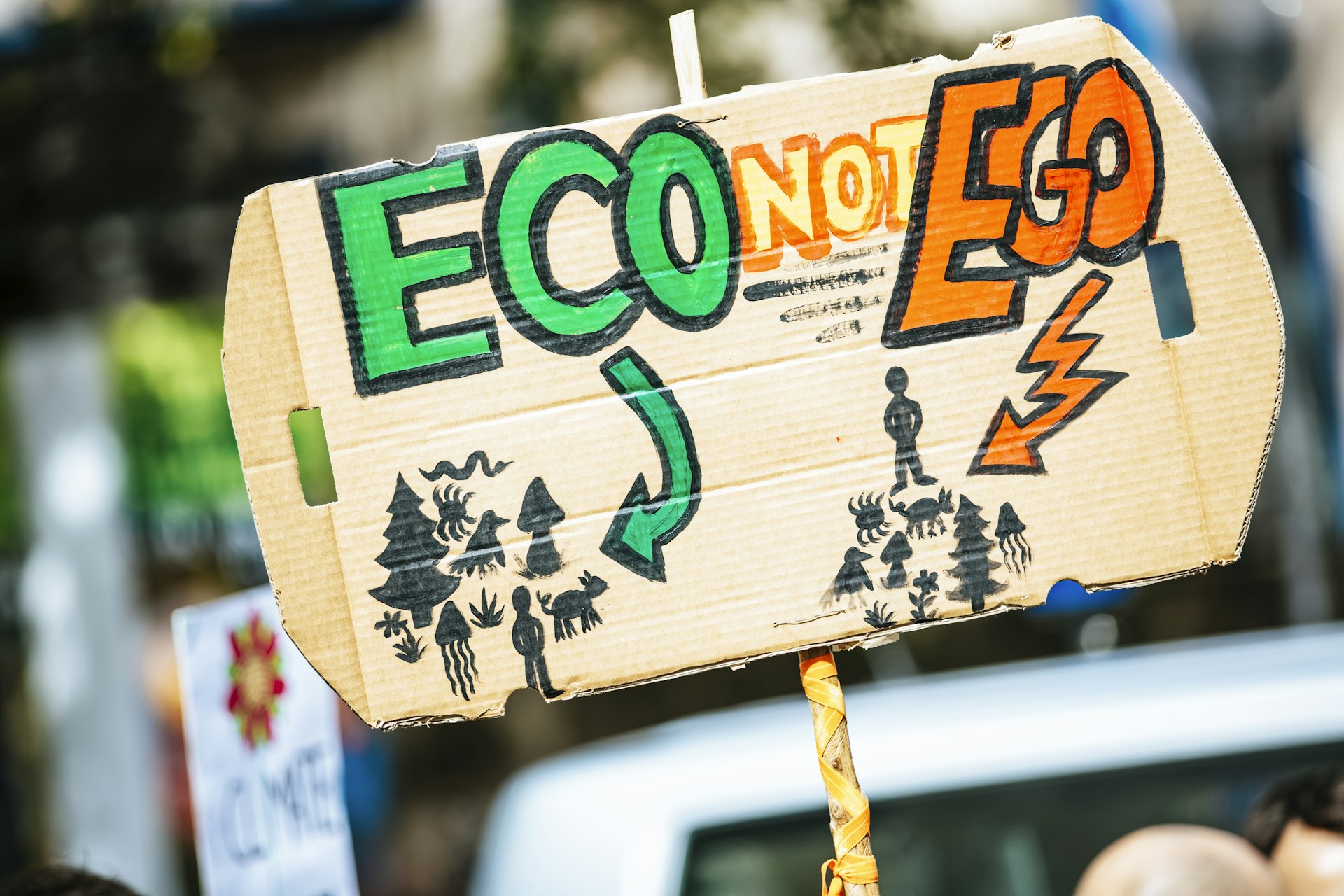Navigating AI-Generated Music: Copyright Challenges, Legal Risks, and Practical Solutions

Photo by BoliviaInteligente on Unsplash
Introduction: AI-Generated Music and the Rise of Legal Complexity
The rapid advancement of artificial intelligence (AI) in music creation has revolutionized how songs are composed, produced, and distributed. AI systems now allow anyone to generate original-sounding music with minimal technical skill, offering immense creative potential. However, this innovation also brings unprecedented legal questions, especially regarding copyright, authorship, and the protection of creative rights. Musicians, producers, and businesses must understand these evolving issues to safeguard their work, avoid legal pitfalls, and harness the benefits of AI responsibly.
Understanding Copyright Law in the Age of AI Music
Traditional copyright law is designed to protect works of human authorship, such as musical compositions and sound recordings, granting exclusive rights to creators for a limited time. When AI-generated music entered the scene, it challenged these basic principles. In a landmark March 2025 decision, the US Court of Appeals ruled that works created entirely by AI cannot be copyrighted, reaffirming the long-standing requirement for human authorship in US law [1] . This means that music generated solely by AI falls into the public domain and can be freely used by anyone, with no exclusive ownership rights.
The US Copyright Office has also consistently denied copyright protection to works lacking meaningful human input. However, if a person significantly contributes to the creative process-such as by writing lyrics, editing, or arranging AI-generated elements-the human-authored portions may be eligible for protection [5] . This distinction places the burden on creators to demonstrate their unique input when registering AI-assisted music.
Key Legal Issues: Ownership, Infringement, and Fair Use
AI-generated music raises several overlapping legal concerns:
1. Copyright Ownership : As clarified by recent court and Copyright Office rulings, only works with substantial human authorship can receive copyright protection. Music generated entirely by AI typically falls into the public domain [3] . If you use AI in your workflow, you should clearly document your personal contribution-for example, by creating original lyrics, melodies, or making significant editorial decisions.
2. Training Data and Infringement : Many generative AI platforms train on large datasets that may include copyrighted music. Major record labels have filed lawsuits against AI companies, claiming unauthorized use of protected recordings for training purposes [2] . This area is legally unsettled: courts are weighing whether such use constitutes fair use or infringement. If you operate or develop AI music tools, consult legal counsel to assess risk and ensure compliance with licensing requirements.
3. Sound-Alikes and Right of Publicity : Some AI tools can mimic the voice or style of famous artists, leading to “deepfake” tracks. In 2023, an AI-generated song imitating Drake and The Weeknd went viral. Although the track was original and not copied from existing works, it raised questions about rights of publicity-legal protections for an artist’s distinctive voice and likeness [4] . New state laws, such as Tennessee’s ELVIS Act, now prohibit unauthorized AI replication of musicians’ voices, and similar federal laws have been proposed.
Practical Guidance: Protecting Your Music and Navigating Legal Uncertainty
Musicians, producers, and businesses can take the following steps to protect themselves and their work in this evolving environment:
- Document Human Contribution: When using AI tools, keep detailed records of your creative input-such as editing, arranging, or adding lyrics-to demonstrate human authorship. This can strengthen your copyright claims for the portions of the work you created [5] .
- Register Copyright Where Possible: If your work includes meaningful human authorship, you can apply for copyright protection through the US Copyright Office. Be prepared to specify which parts are human-created and which are AI-generated. Visit the official US Copyright Office website and search for “music registration” to start the process.
- Obtain Licenses for Sampled Content: If your AI-generated music includes samples or elements from existing recordings, secure the appropriate licenses to avoid infringement. Consult with a music attorney or rights management organization for guidance.
- Assess AI Platform Terms: Review the terms of service and copyright policies of any AI music platforms you use. Some platforms may claim rights to music generated using their tools, or set limits on commercial use.
- Monitor State and Federal Legislation: Laws governing AI-generated music and publicity rights are rapidly changing. For updates, consult professional organizations like the New York State Bar Association or search for “AI music legislation” on official government sites.
- Consult Legal Expertise: If you are unsure about your rights or obligations regarding AI-generated music, contact a qualified copyright attorney or seek guidance from industry groups such as the American Society of Composers, Authors and Publishers (ASCAP) or Broadcast Music, Inc. (BMI).
Case Studies: Real-World Examples of AI Music Copyright Disputes
Several high-profile cases illustrate the complex legal landscape:
Federal Lawsuits Against AI Platforms : In 2023, major record labels sued AI music companies Suno and Udio, alleging unauthorized copying of vast numbers of copyrighted tracks for model training. The outcomes of these cases will likely shape future industry practices and the boundaries of fair use [2] .

Photo by Kelly Sikkema on Unsplash
Viral AI-Generated Songs : When “Heart on My Sleeve”-an AI track imitating Drake and The Weeknd-went viral, Universal Music Group had it removed from platforms citing copyright and publicity concerns. Even though the underlying composition was original, the unauthorized imitation of specific voices raised legal challenges under publicity rights [4] .
AI-Assisted Music Video Registration : In February 2025, the US Copyright Office registered a music video where the creator contributed original lyrics and editing to AI-generated visuals and music. The key to registration was the clear documentation of the human-made elements, reinforcing the need for artists to clearly delineate their creative input [5] .
Future Trends: Industry and Legislative Responses
The legal landscape for AI-generated music is actively evolving. States such as California, Colorado, Texas, and Utah have implemented AI governance laws, and more states are considering similar measures [3] . On the federal level, proposals like the NO FAKES Act seek to establish clear protections against unauthorized digital replicas of artists’ voices and likenesses [4] . The Recording Academy (organizer of the GRAMMY Awards) now only accepts AI-assisted works if there is substantial human involvement, emphasizing the ongoing importance of human creativity in the arts [1] .
Step-by-Step Guidance for Musicians and Creators
If you are creating music with AI tools, consider the following actionable steps to protect your rights and avoid legal risk:
- Before using an AI platform, review the terms of service and ensure you retain necessary rights to your creations.
- When creating with AI, actively participate by writing lyrics, composing melodies, or editing outputs-document your contributions.
- For any samples or pre-existing content, obtain relevant licenses from the copyright owners or licensing agencies.
- Maintain detailed records of your creative process, including drafts, notes, and correspondence, to support claims of human authorship.
- Register your work with the US Copyright Office if your contribution is significant; visit the official Copyright Office website and search for “music registration” for instructions.
- Stay informed about changes in state and federal law by joining professional music organizations and subscribing to industry newsletters.
- If in doubt, consult with a qualified copyright attorney or reach out to organizations like ASCAP or BMI for guidance.
Alternative Approaches and Additional Resources
Given the legal uncertainties, some creators choose to release their AI-generated music under open licenses, such as Creative Commons, to encourage sharing while retaining some control. Others partner with human musicians to ensure their works are copyrightable. If you prefer not to navigate these complexities alone, consider collaborating with a music rights management service or professional association, which can offer guidance on licensing, registration, and legal compliance.
To stay updated, search for “AI music copyright news” on reputable platforms like Billboard, the American Bar Association, or the official US Copyright Office. Attend webinars, workshops, or legal clinics focused on AI and intellectual property to build your understanding and network with industry professionals.
Conclusion: Proactive Strategies for a Changing Landscape
The use of AI in music creation offers remarkable creative opportunities-but also demands careful navigation of copyright and legal frameworks. By understanding the current laws, documenting your contributions, obtaining necessary licenses, and staying informed about regulatory changes, you can protect your work and thrive in this dynamic environment. As technology and law continue to evolve, proactive engagement and ongoing education are your best tools for success.
References
- [1] Soundverse (2025). US Court Bans Copyright for AI Art – What Musicians & Creators Must Know in 2025.
- [2] Farella Braun + Martel (2023). AI-Generated Music Presents Complex Copyright Issues.
- [3] Jones Walker (2024). AI Music Presents Novel Issues Within Current Frameworks.
- [4] New York State Bar Association (2024). Copyright Law in the Age of AI: Navigating Authorship, Infringement, and Creative Rights.
- [5] Center for Art Law (2025). Recent Developments in AI, Art & Copyright.
MORE FROM mumsearch.com
